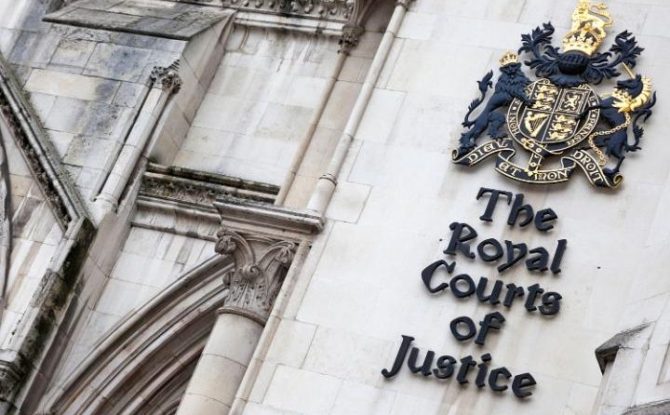In a legal first, the UK High Court has awarded costs of £74,000 to a woman for surrogacy following a delay in detecting cancer in smear tests and biopsies.
This first of its kind award from a UK High Court formed part of an overall damages award of £580,600.
As a result of a delayed diagnosis, the claimant developed invasive cancer of the cervix and required chemo-radiotherapy treatment. This treatment rendered her infertile and caused severe damage to her bladder, bowel and vagina. The late diagnosis meant she was unable to undergo fertility sparing surgery, which would otherwise have been available to her. The claimant, then 29, had always wanted a large family and postponed urgent cancer treatment twice for alternative medical opinions. She also underwent a cycle of ovarian stimulation and harvested and froze 12 eggs before undergoing surgery and chemo-radiotherapy. The Defendant admitted liability and the case focused on the level of damages to be awarded to the Claimant.
Women awarded damages for surrogacy following missed cervical cancer diagnosis
In a legal first, the English High Court has awarded costs of £74,000 to a woman for surrogacy following a delay in detecting cancer in smear tests and biopsies. This first of its kind award formed part of an overall damages award of £580,600.
Michaelmores Blog by By Louisa Ghevaert
As a result of a delayed diagnosis, the claimant developed invasive cancer of the cervix and required chemo-radiotherapy treatment. This treatment rendered her infertile and caused severe damage to her bladder, bowel and vagina. The late diagnosis meant she was unable to undergo fertility sparing surgery, which would otherwise have been available to her. The claimant, then 29, had always wanted a large family and postponed urgent cancer treatment twice for alternative medical opinions. She also underwent a cycle of ovarian stimulation and harvested and froze 12 eggs before undergoing surgery and chemo-radiotherapy. The Defendant admitted liability and the case focused on the level of damages to be awarded to the Claimant.
In giving judgment Sir Robert Nelson allowed the claim for the cost of two surrogacies in the UK but rejected the claim in respect of costs for surrogacy in California on UK public policy grounds. He also rejected a claim for the cost of donor eggs saying this was not truly restorative of the claimant’s loss.
Louisa Ghevaert, Head of the Fertility and Parenting team at Michelmores, provided expert evidence in this case. In doing so, Louisa expressed the view that surrogacy law in the UK is “due for reform as life has moved on”. In relation to that evidence Sir Robert Nelson stated:
“… Ms Ghevaert may be right in saying that attitudes have changed and are indeed changing in relation to surrogacy but such change must be brought about by the Law Commission and Parliament, or perhaps the Supreme Court.”
Michelmores Blog by By Louisa Ghevaert, September 19, 2017
Click here to read the entire blog.



